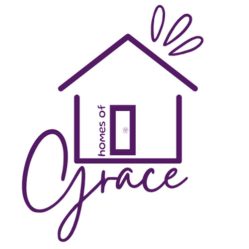Thank you for your RSVP for the Penn Avenue House!
And welcome to Homes of Grace!
Learn more about Who We Are, Why We Exist, Our Core Values, what the Co-Living Model is, Statistics, Who We Serve, what Co-Living is, what Co-Living is not, and more below!
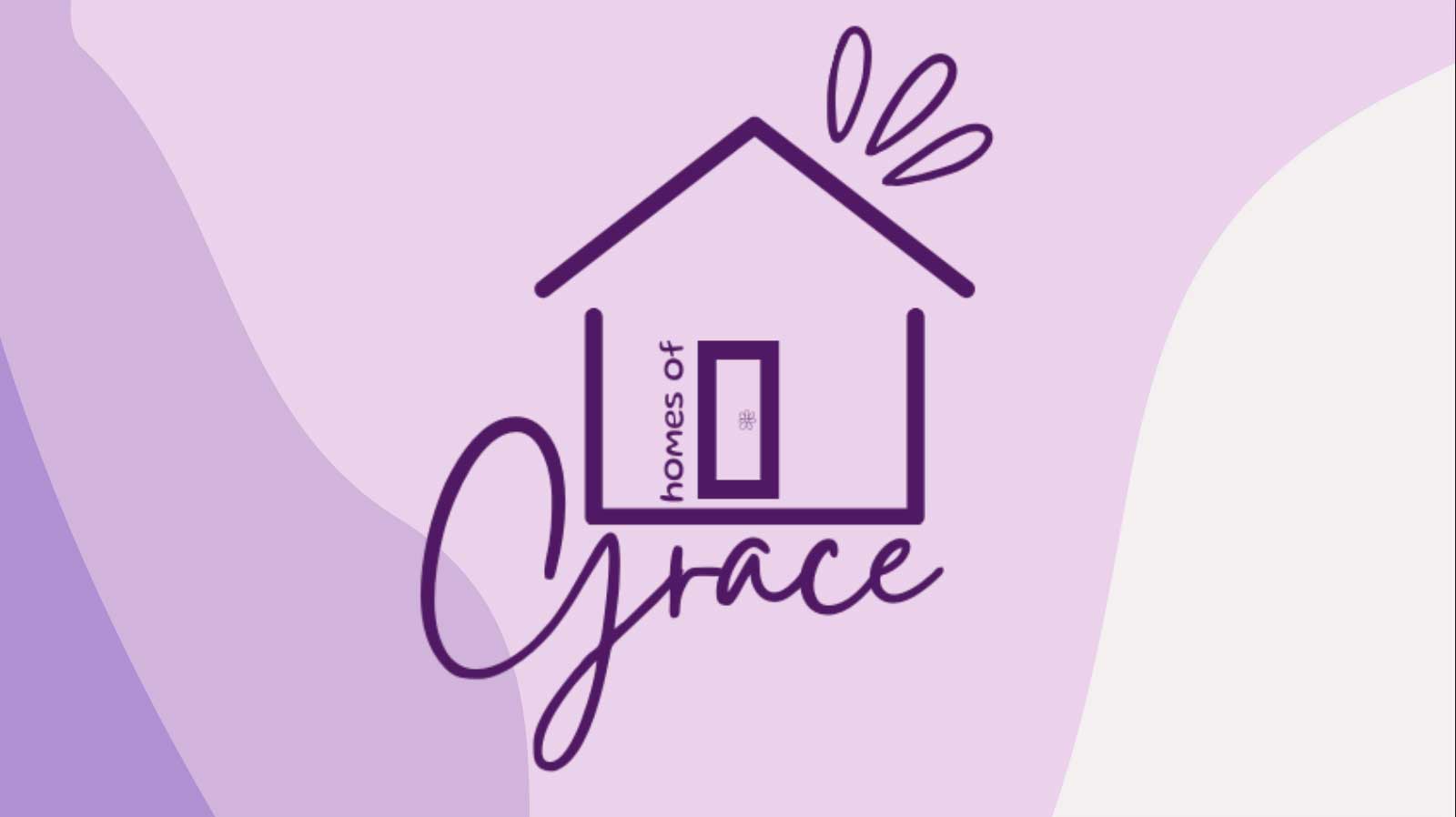
Who we are:
Founded by a partnership of women with hearts to do more for others, Homes of Grace’s mission is to be able to serve those who have historically been underserved in our community by solving the affordable housing crisis. We exist to provide housing that is attainable and to promote emotional, financial and spiritual growth to each individual member of our co-living community houses.
We exist to:
Solve the affordable housing crisis by providing co-living housing that fosters community and empowers personal growth.

The Co-living model:
Co-living is a means to solve affordable housing.
By definition, co-living is simply a house that is shared.
We believe co-living works for a group of like-minded individuals sharing common spaces in a house, while having safe, private bedrooms.
Statistics:
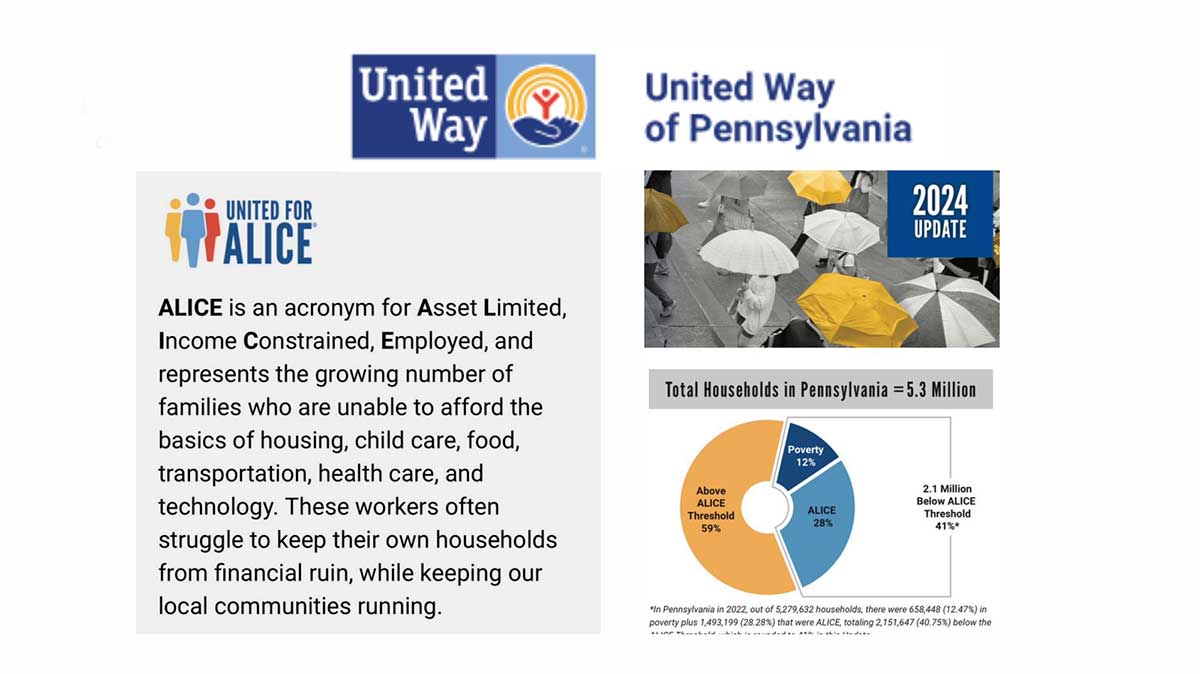
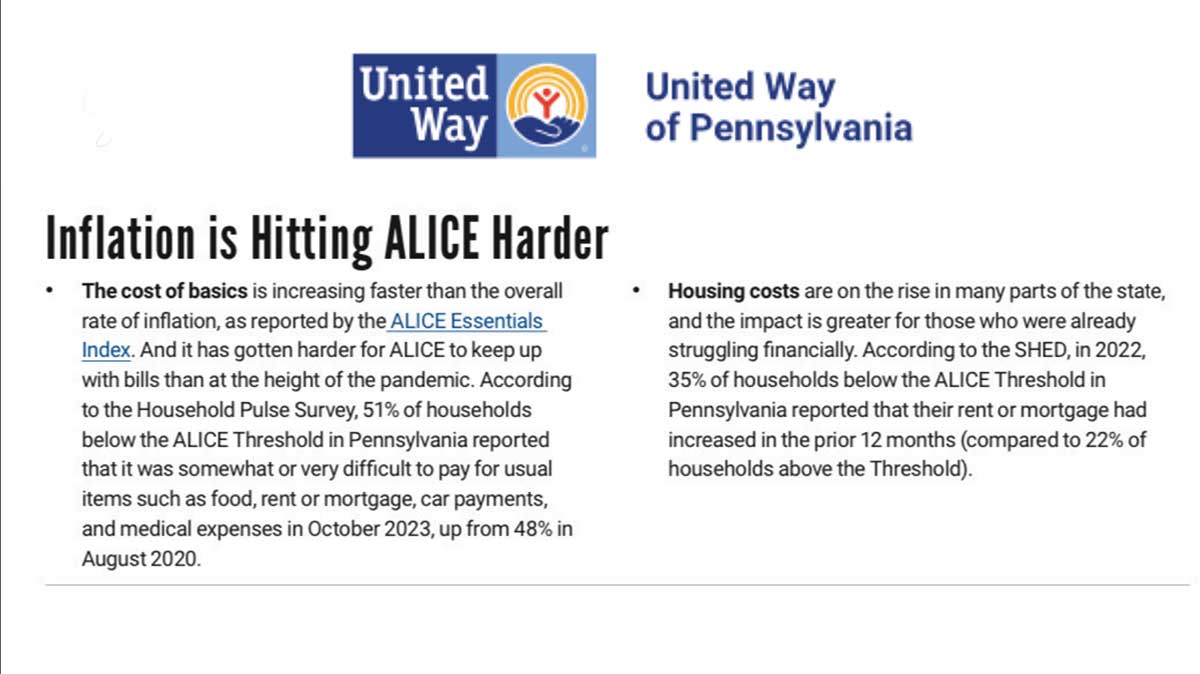
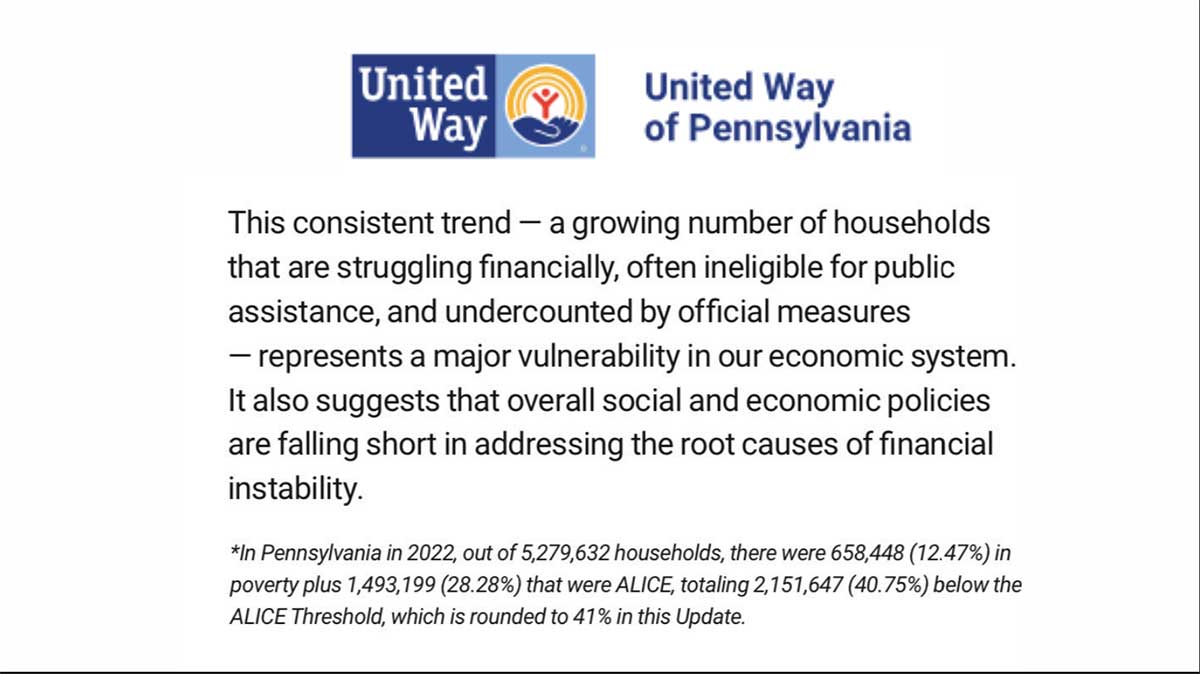
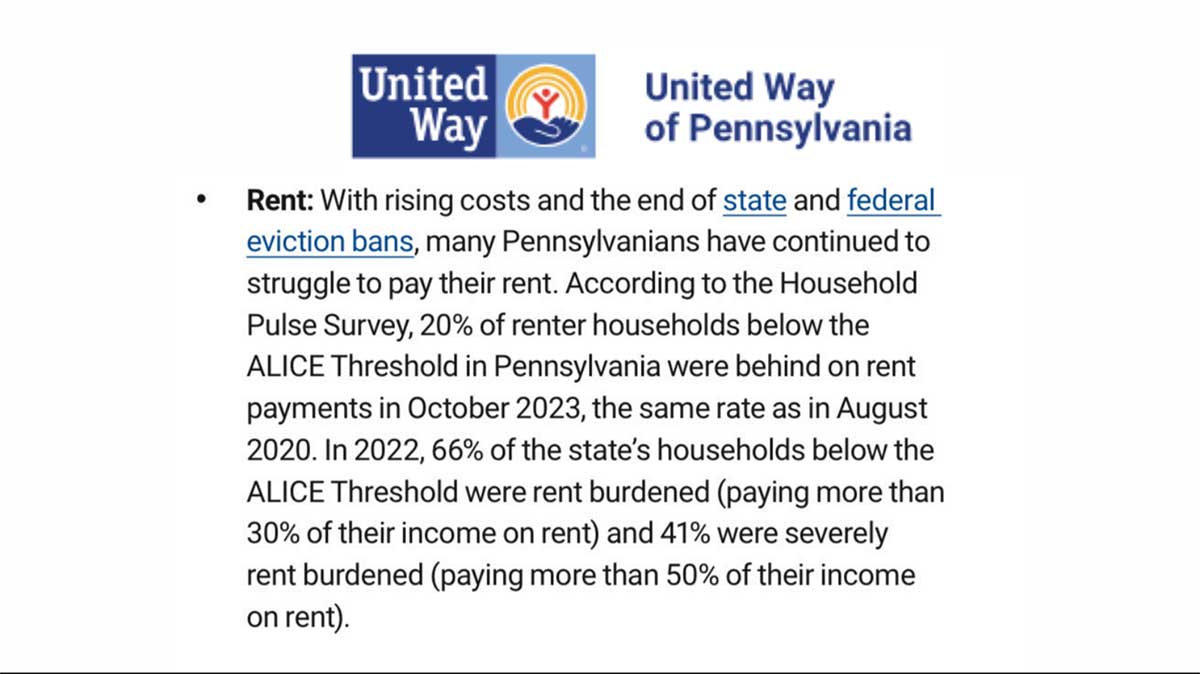
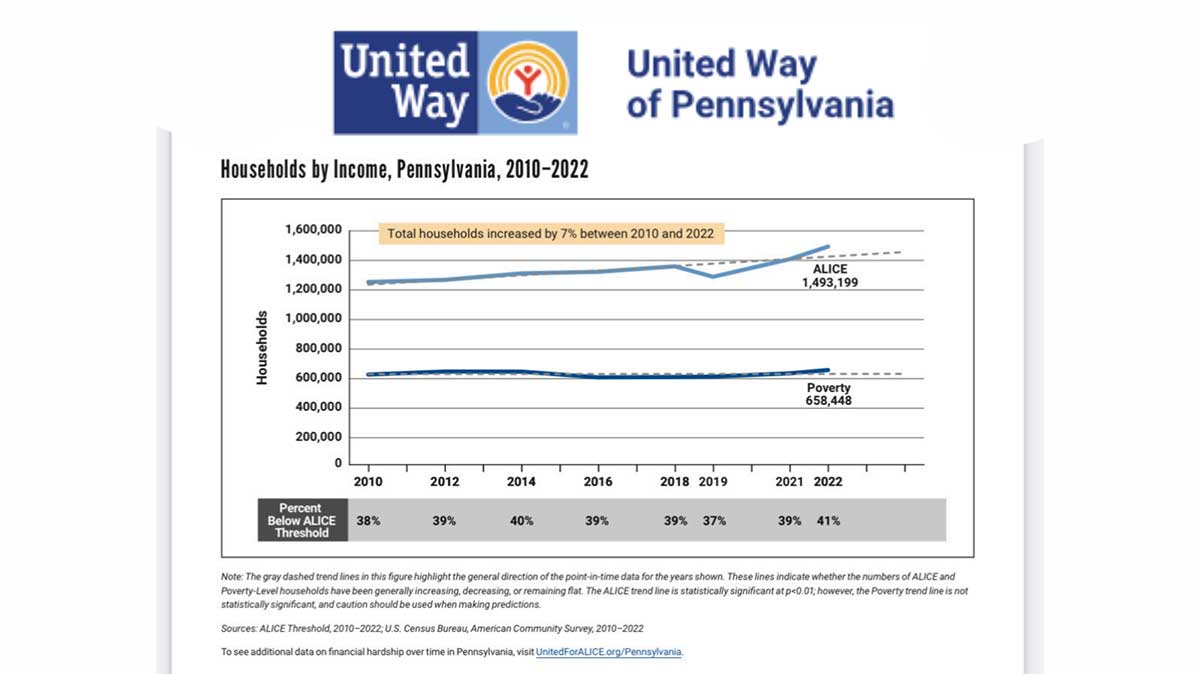
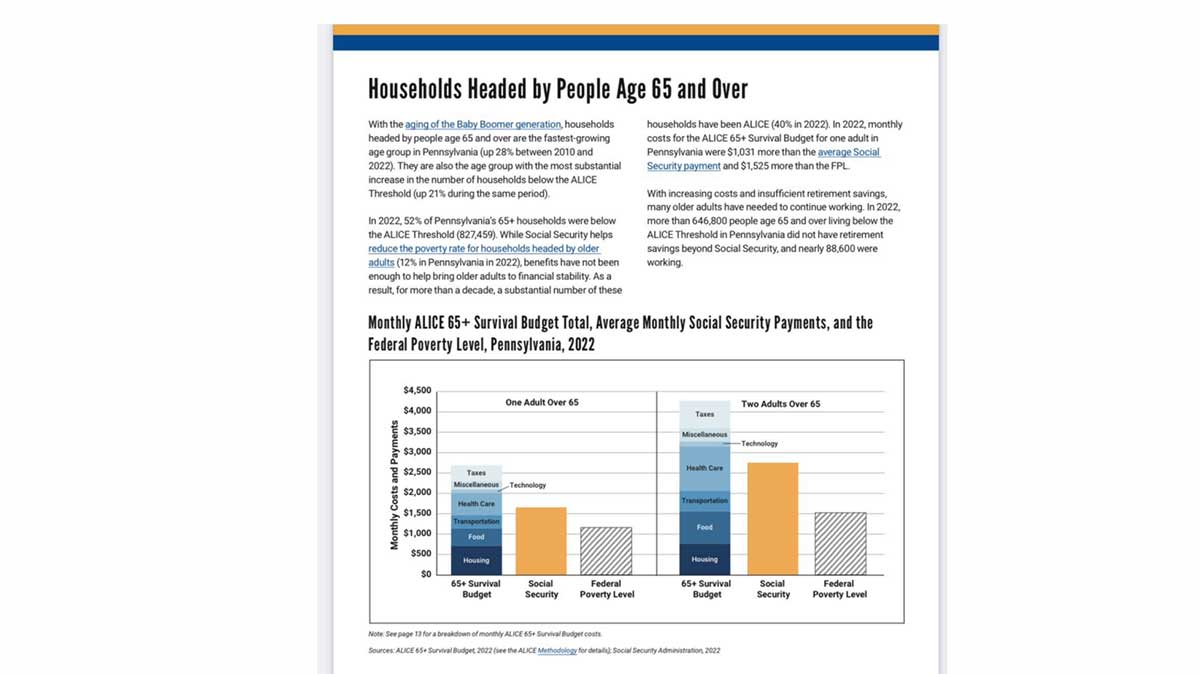
Rental comparison:
Who we serve:
Young Professionals
Seniors
Widows/Widowers
Graduates of Foster Care
Working adults
Graduate Students
Necessity of Community in Co-living:


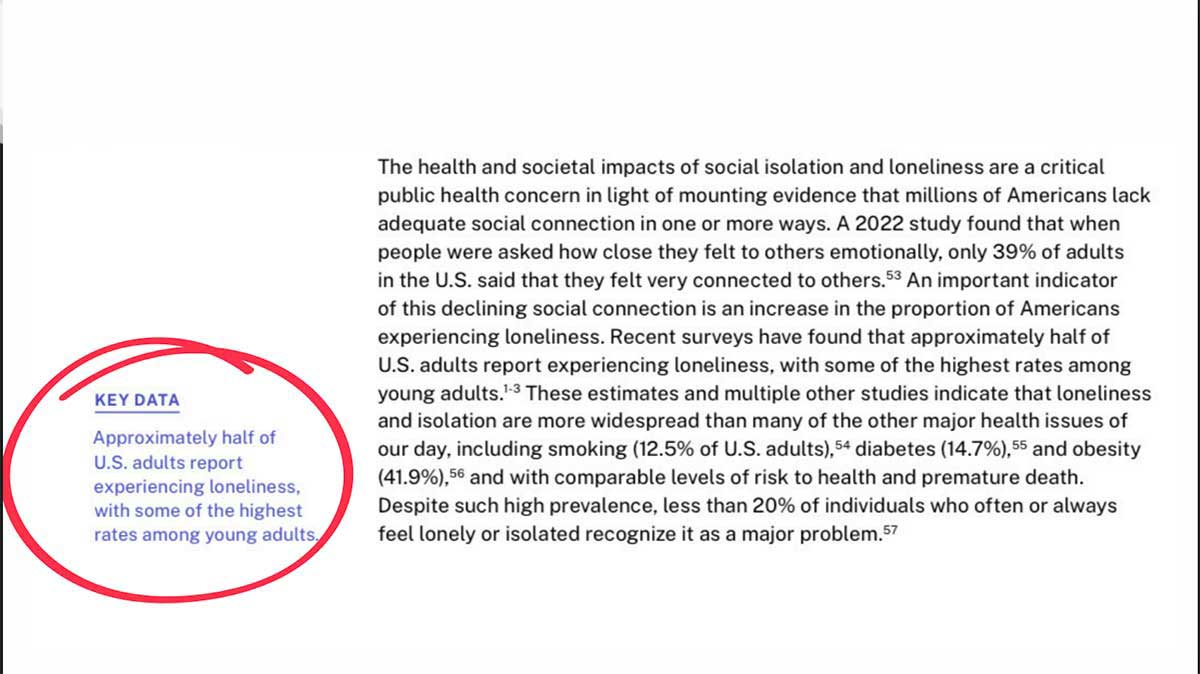
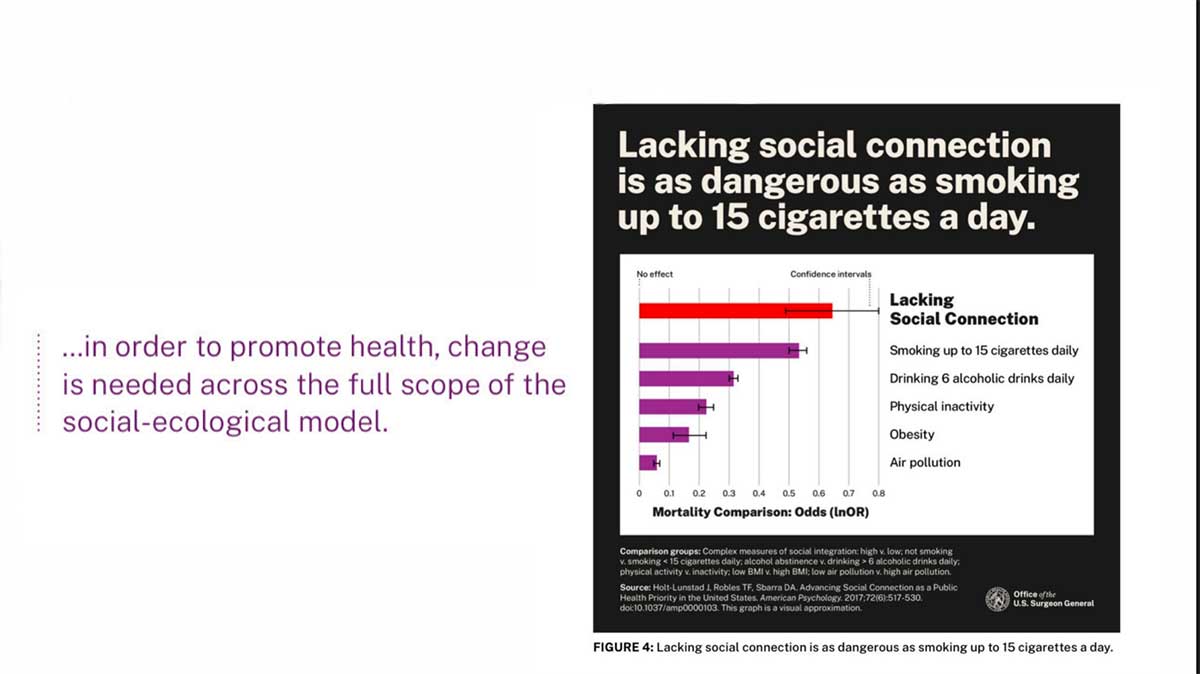
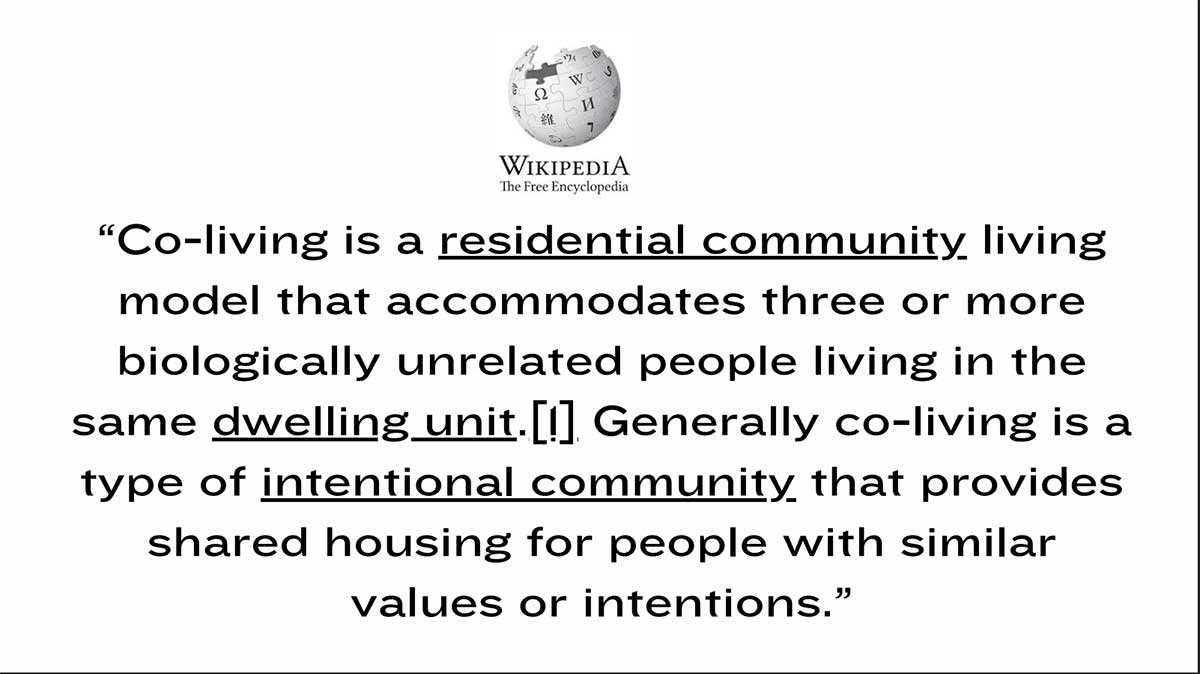
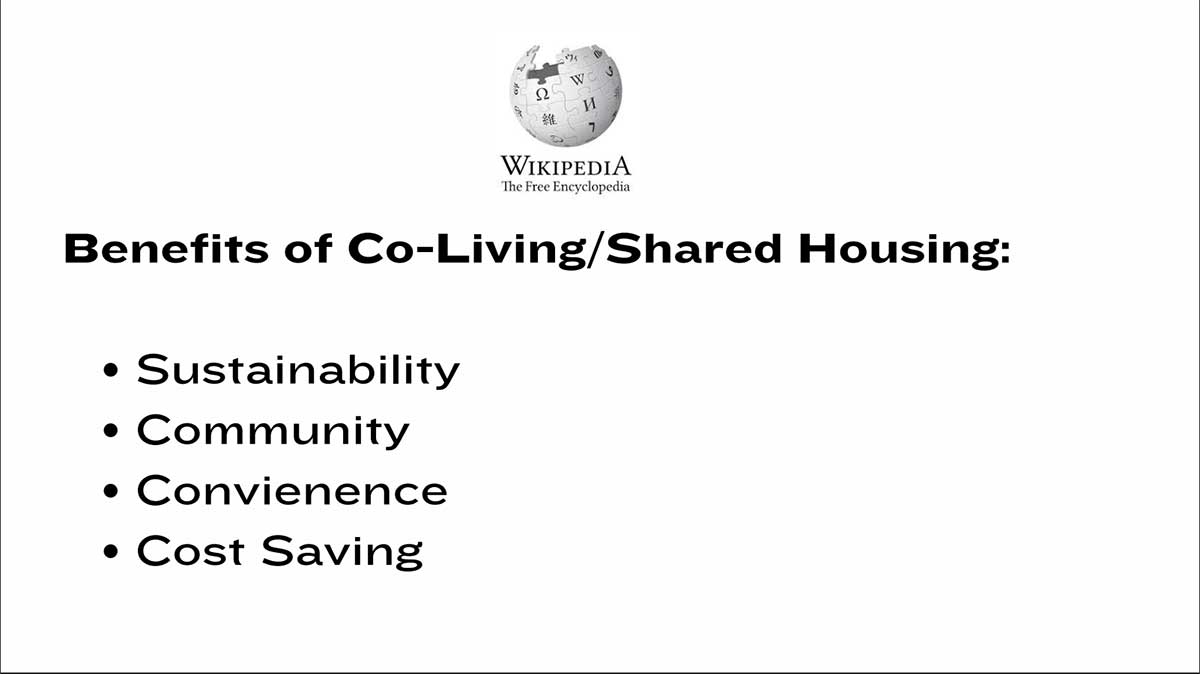
Co-living is:
Clean – common areas cleaned at least bi-weekly by professional cleaners.
Quiet – maintain quiet hours.
Safe – tenants thoroughly vetted, strict house rules, keyless electronic locks, exterior cameras.
Affordable – small move-in fee rather than large deposit, rent amounts are less than a one-bedroom and often less than an efficiency.
Co-living is more than just affordable housing... it provides community!
Each member will receive a Thrive Journal including material on financial literacy/budgeting, mental wellness & physical well-being & self care. Upon completion, the member will receive a $100 gift card.
A discount card is provided upon move-in with local, community partner deals/discounts to maintain wellness.
Co-living is not:
Boarding house – A building or portion of a building occupied for human habitation in which five or more persons, not related to the proprietor or manager, are furnished with meals and lodging.
Lodging house – A building or portion thereof in which five or more persons, not related to the proprietor or manager, are furnished with sleeping accommodations and shall include rooming houses, bachelor apartments, dormitories, barracks, bunk houses and other kinds of buildings used to furnish sleeping accommodations.
Tenement house – A house or building, or portion thereof, which is intended or designed to be occupied or leased for occupation, or actually occupied, as a home or residence for three or more families, living in separate apartments and doing their cooking upon the premises and shall include apartment houses, apartment hotels and flats.
What are the criteria we look at when purchasing a property?
- 2000 Sq feet or larger. This allows for an easy 7 units and sometimes 8-10 units depending on the layout of the space.
- 2 bathrooms minimum, the more the better.
- We typically look to have 1 parking spot per bedroom. We look to ensure street parking is legal and or we look to build out additional parking on site.
- We prefer NO HOA’s. Always review.
- Neighborhood to be B to B – and near employment and transportation
We look for several "X Factors"
An x factor is an additional ‘non finished’ space that could convert into another unit. Ex. Garage, bonus room, etc.
Another x factor is multiple floors which spreads the units out more giving it a more spacious feel.
Another x factor is the ability to have multiple entry points in the house again spreading the units out more.
Homes with these 3 x factors are the holy grail for co-living.
Co-living / Shared Housing News:
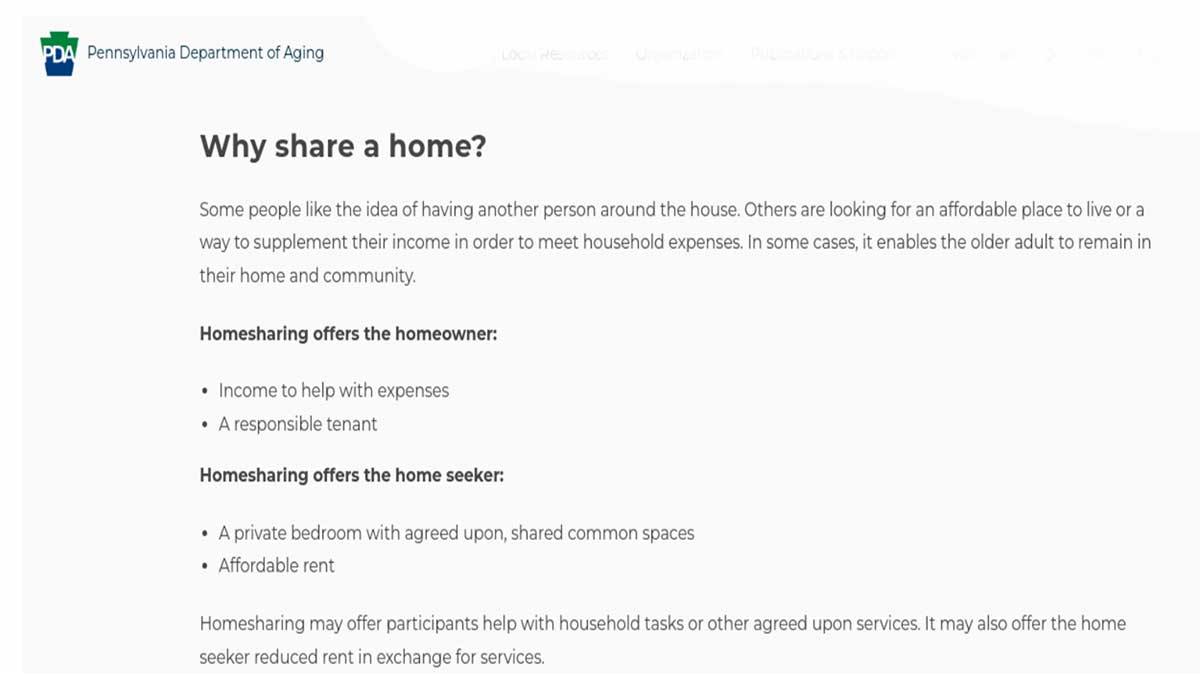
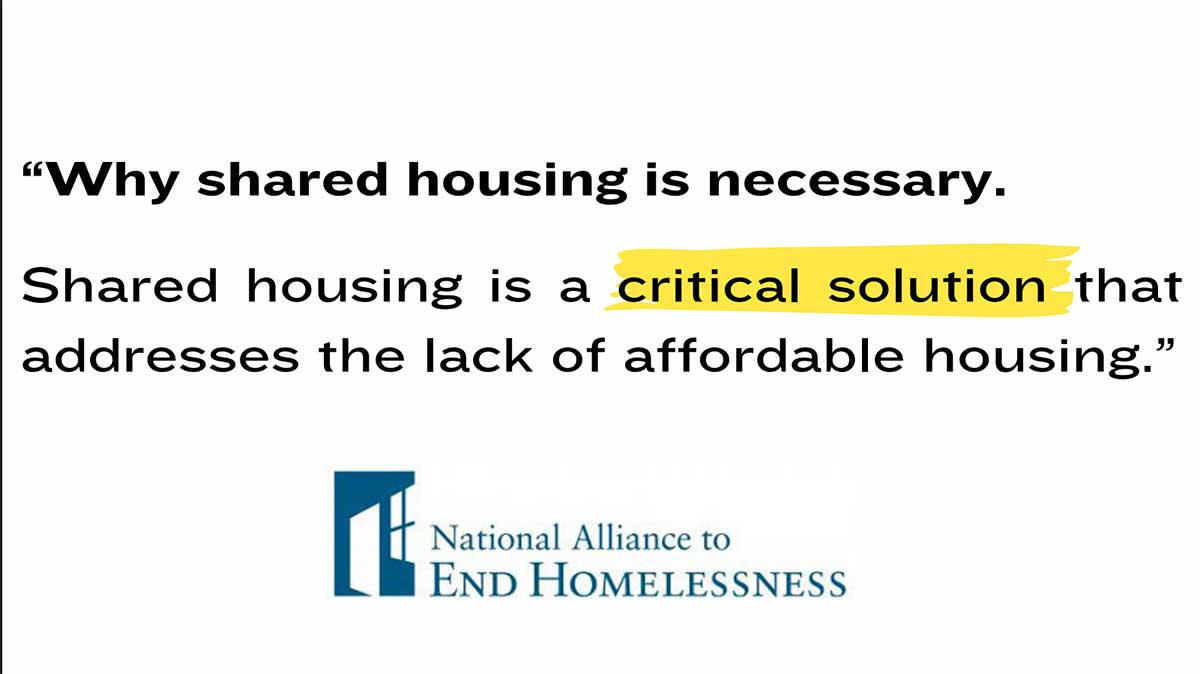
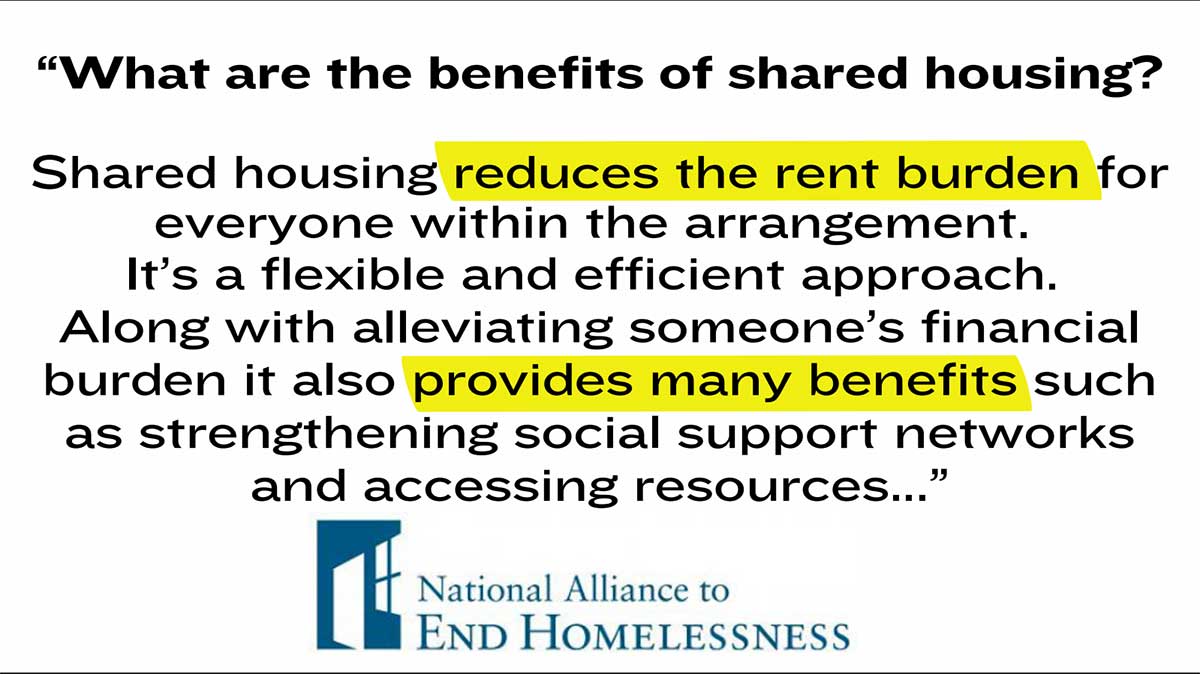
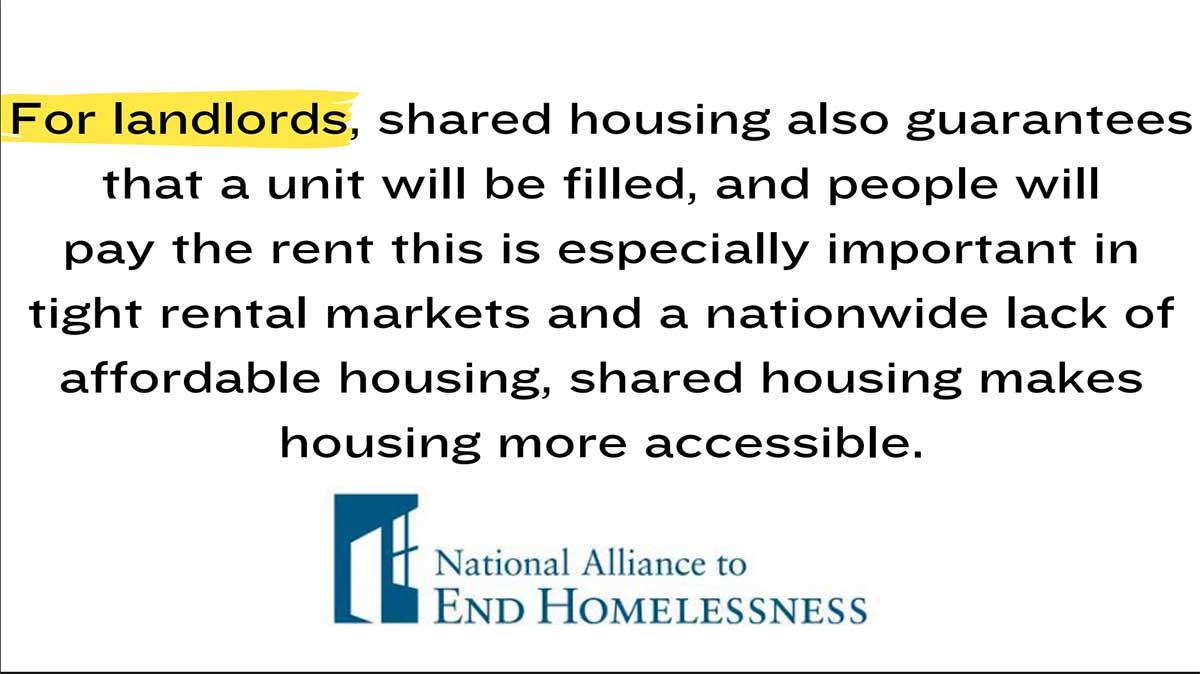
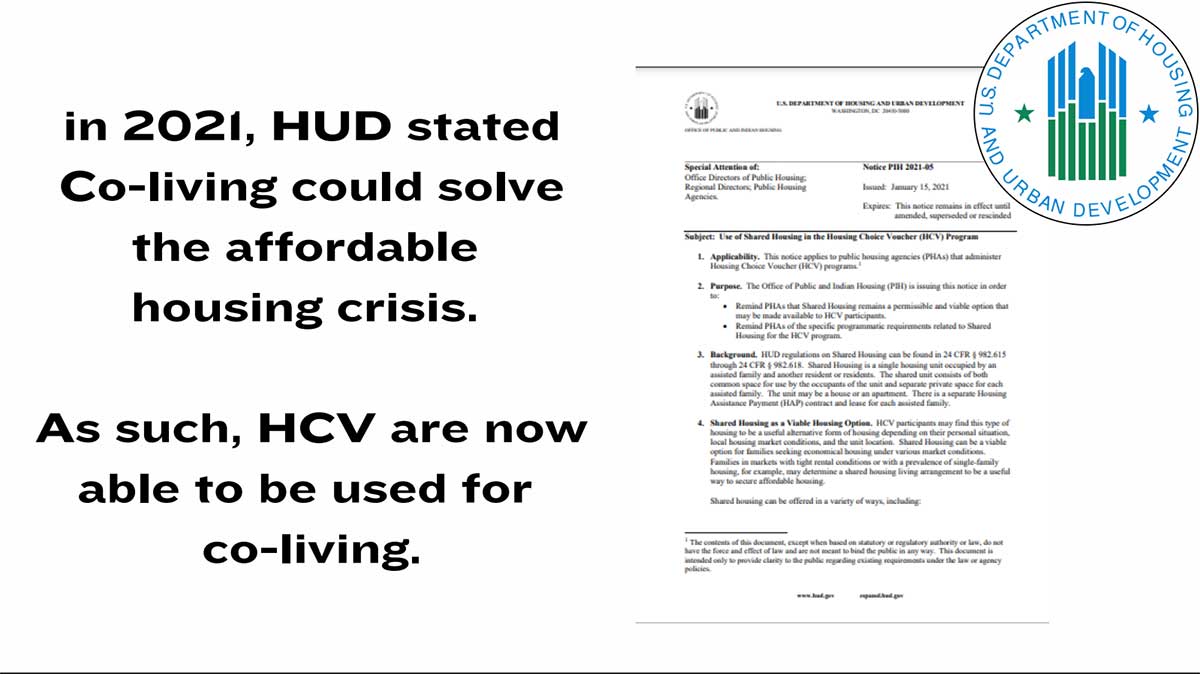
F.A.Q.
What roles does zoning play?
The houses we intend to purchase for Co-living will be located within townships or
boroughs without specific zoning criteria restricting the number of unrelated individuals who may reside in a single residence.
What do we do to the interior of the home?
Each home will have the House Rules posted within a common area for each member of the home to see. Along with the rules, a schedule will be provided for members to care for basic tasks such as distributing mail, emptying a trash can or taking garbage to the curb.
How do we collect rent?
Rent will be collected from each member utilizing Apartments.com for automated rent collection.
How are bedrooms secure?
Each bedroom is secured with a keypad lock with a unique user code.
How do we handle kitchen shared space?
We label EVERYTHING including refrigerator shelves by Unit #. When a tenant moves out, we clear their space.
How do we furnish?
We furnish with a modern look that is in style. We usually go with the style of each house while keeping a common theme.
How do we handle a move out?
Property manager sends tenant a move out checklist with dollar costs next to each item not done. This is the amount that is withheld from security deposit if item is not done. Handyman confirms all has been done and sends to property manager for release of security deposit.
How do we handle cleaning?
We hire a cleaning company to clean the common areas of the home. Members have the option to pay the cleaning company to maintain their private room. For basic and routine items such as taking out the trash, we utilize a cleaning checklist & rotation among our members. If a member does not wish to participate, they can elect to pay a fee to have their turn on the rotation covered by a member of our team.
How do we control the temperature of the homes?
We use either a lockbox or wifi thermostat – this is set to a specific range during the
summer and winter – this is also outlined in the lease.
How do we handle disgreements between members?
- This starts with how you advertise. We are not college housing. We are co-living for the working professional.
- Secondly, onboarding. During the onboarding process we review ALL rules and also
specifically state what we are NOT about. Drugs, Wild Parties, or Craziness. We highlight working professionals. - Surprisingly this happens much less than you would think in our houses.
- The sales manager usually has the best skill set to do any type of mediation / hold people to the rules.
- Same sex houses seem to do the best although we have had success with co-ed as well.
- House rules are posted in the common space. We review all house rules in detail during the onboarding process.
How do we screen potential members?
Our screening process is 3-fold. First, we send our Co-living video to quickly eliminate those not interested in shared housing. Next, we complete a background & credit check. Finally, we hold an in-person showing.
What utilities are included? How is this included?
All utilities, including high speed internet, are included in the price of the room. We do have an option in the lease to charge an excess utility fee should the home see a significant increase in utility charges. This fee would be distributed equally to all members.
Future goals:
As Homes of Grace flourishes & evolves…
Our initial outlook and plan is to scale to 200 homes. Our goal will remain unwavering, to solve affordable housing in our area.
In the future, our company will contract with local home builders to custom design new construction homes to maximize features ideal for our co-living model.
Questions?
Reach out to us!
Location
We serve the Greater Reading area of Berks County, Pennsylvania.
Hours
Weekdays: 8:00am – 5:00pm
Saturday: 8:00am – 12:00pm
Sunday: Closed – day of rest
